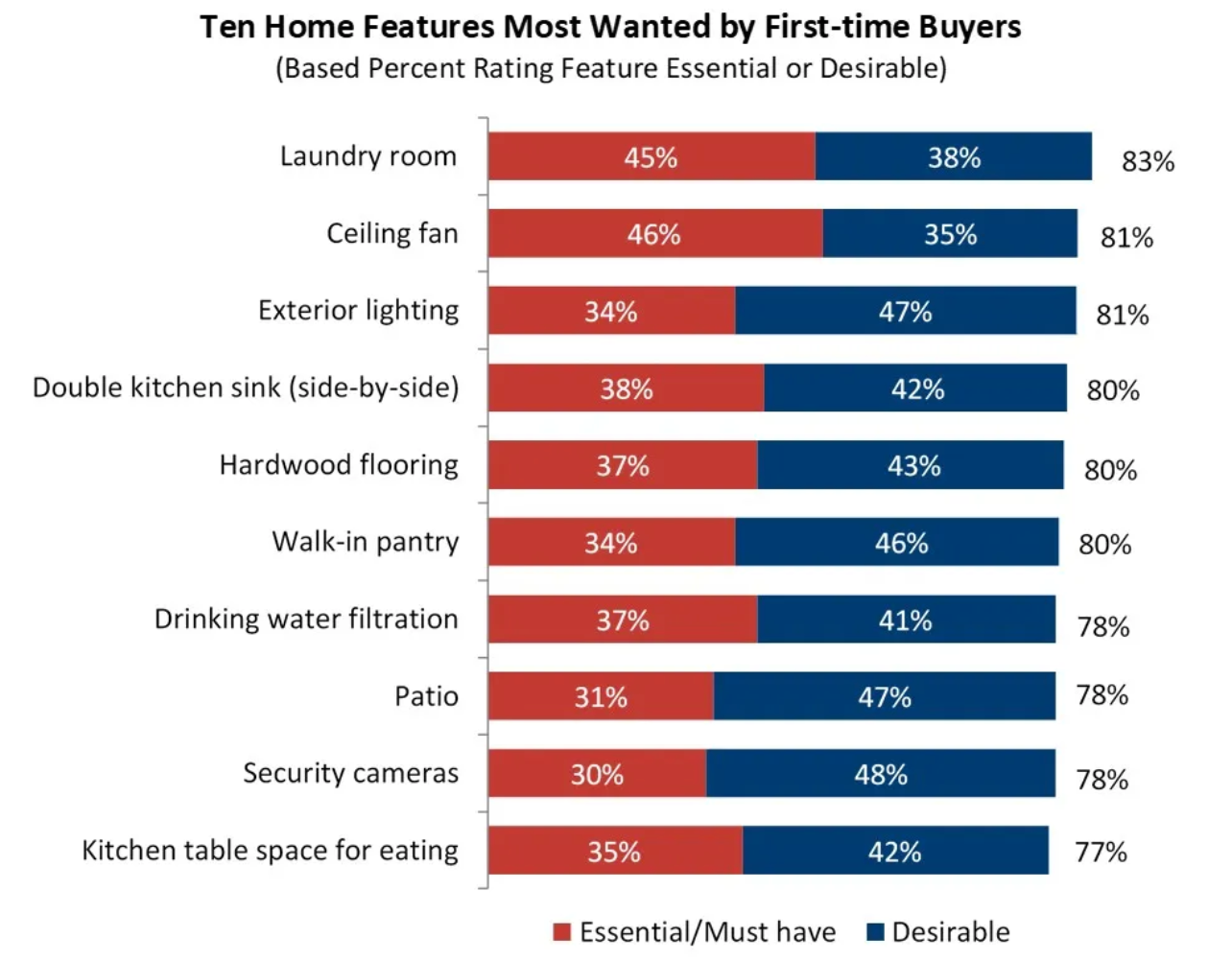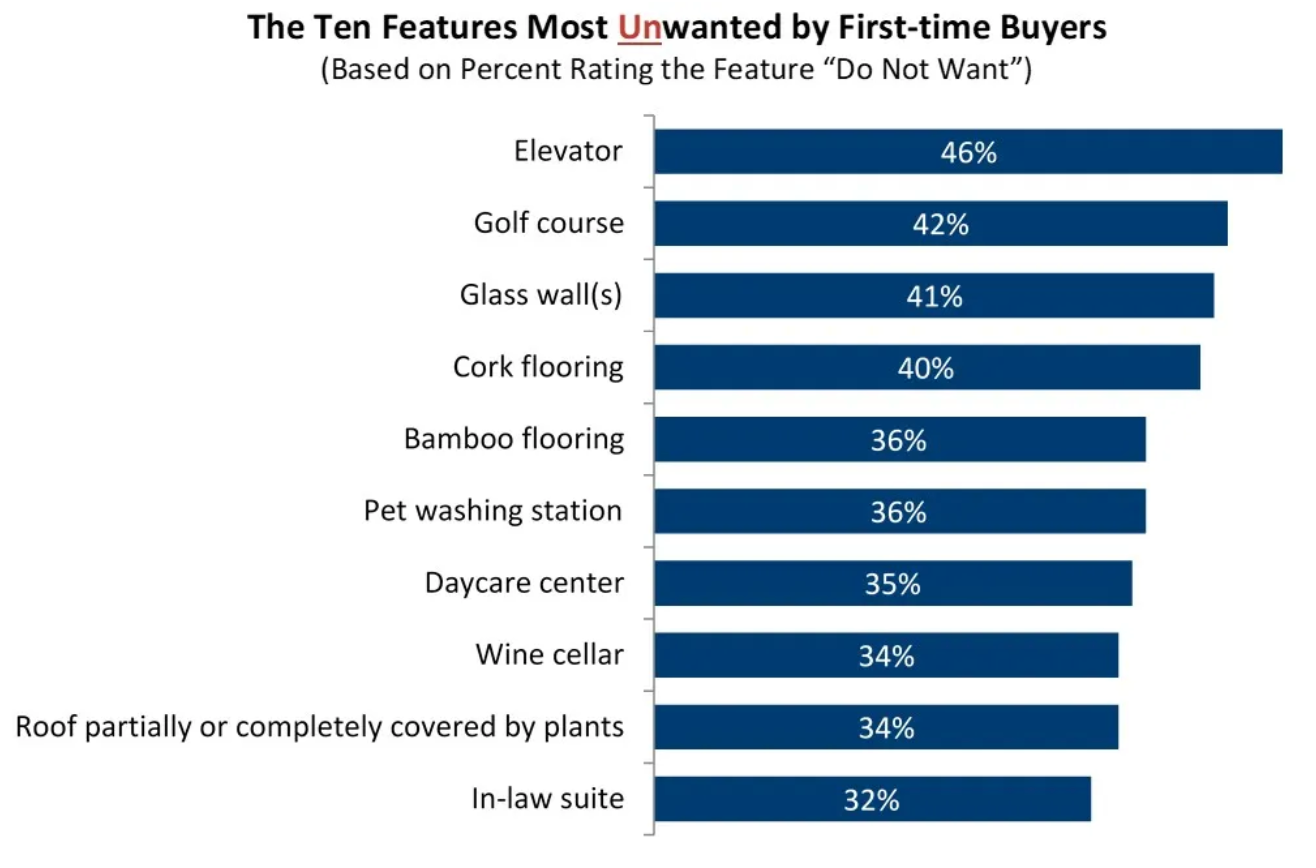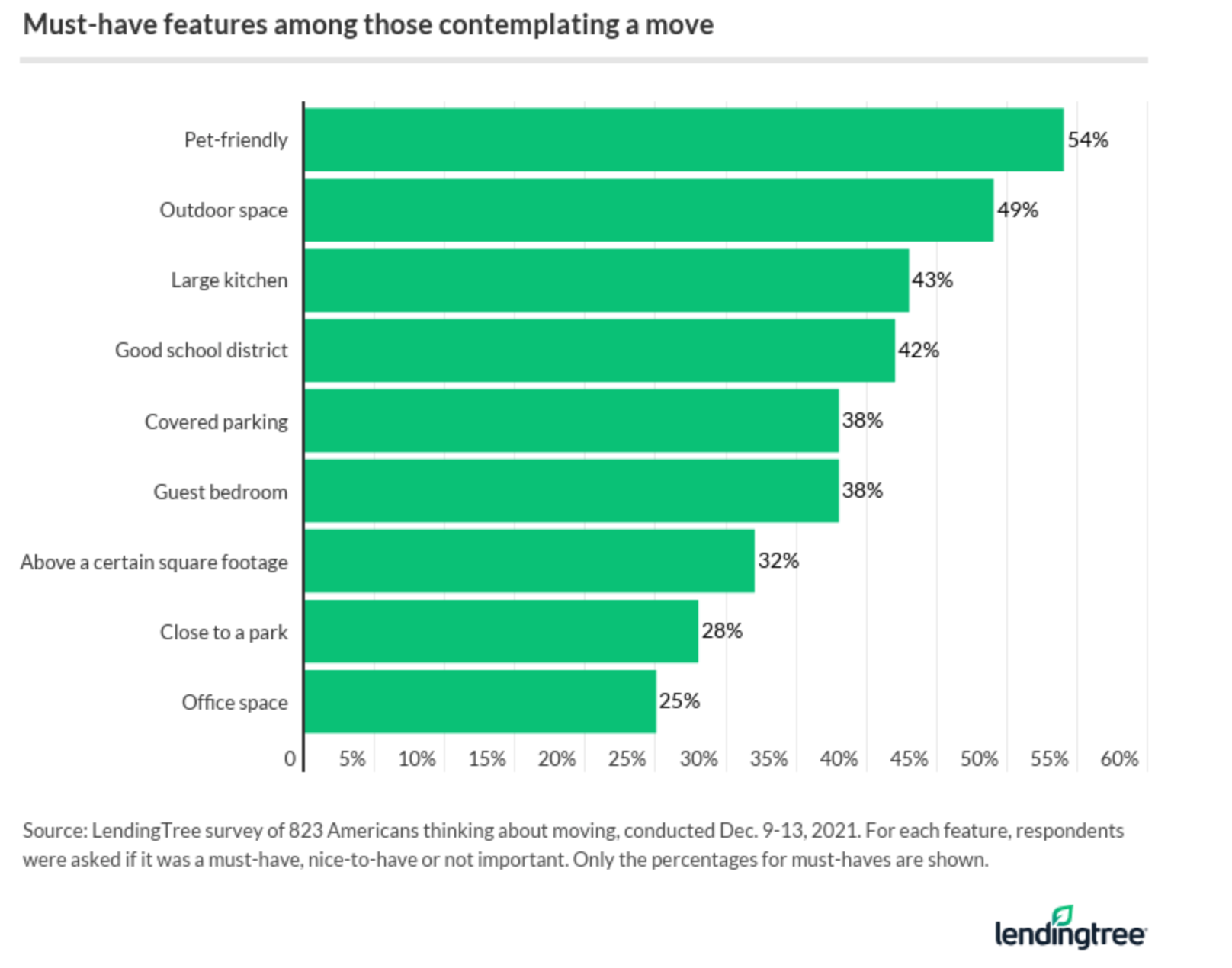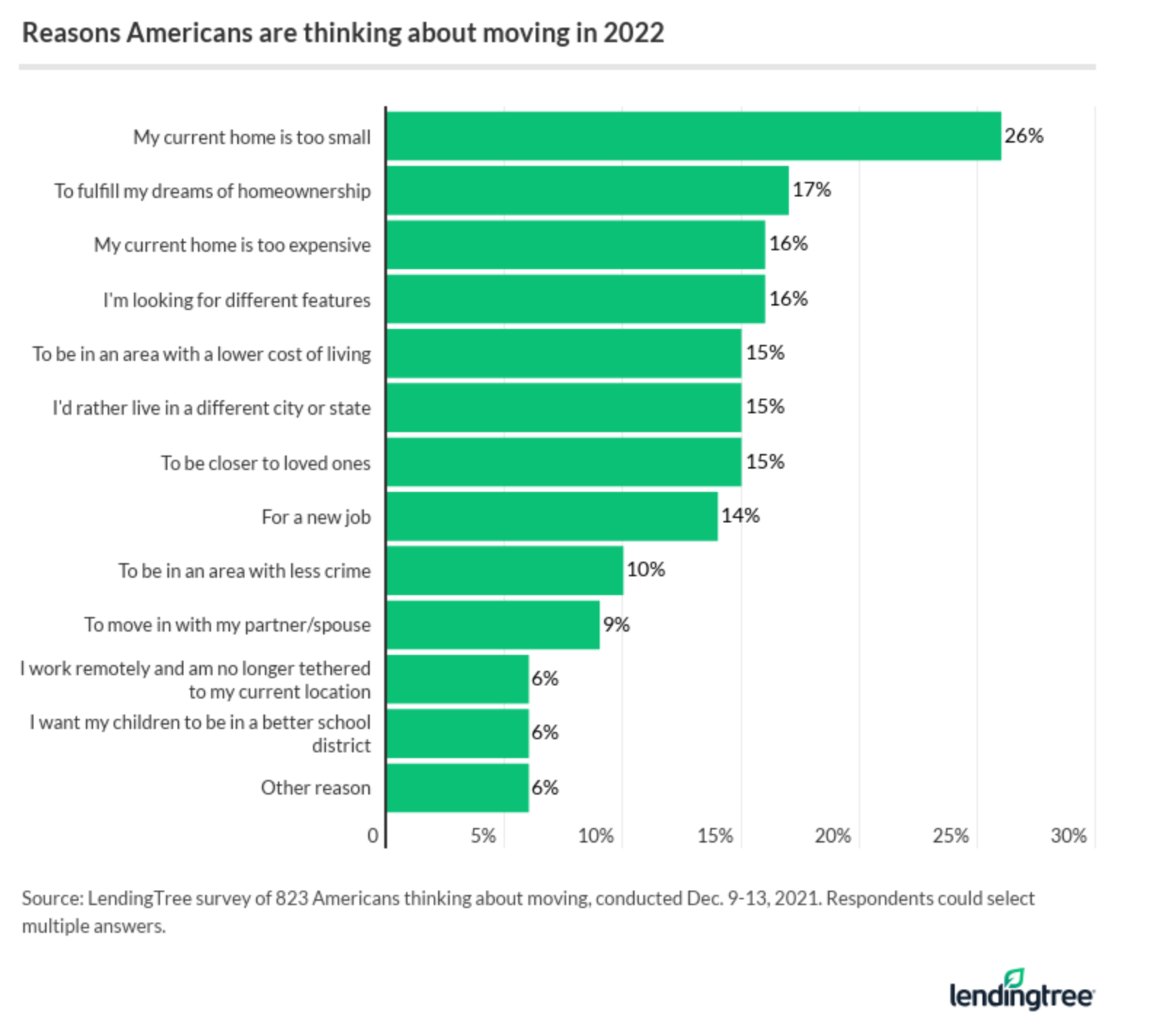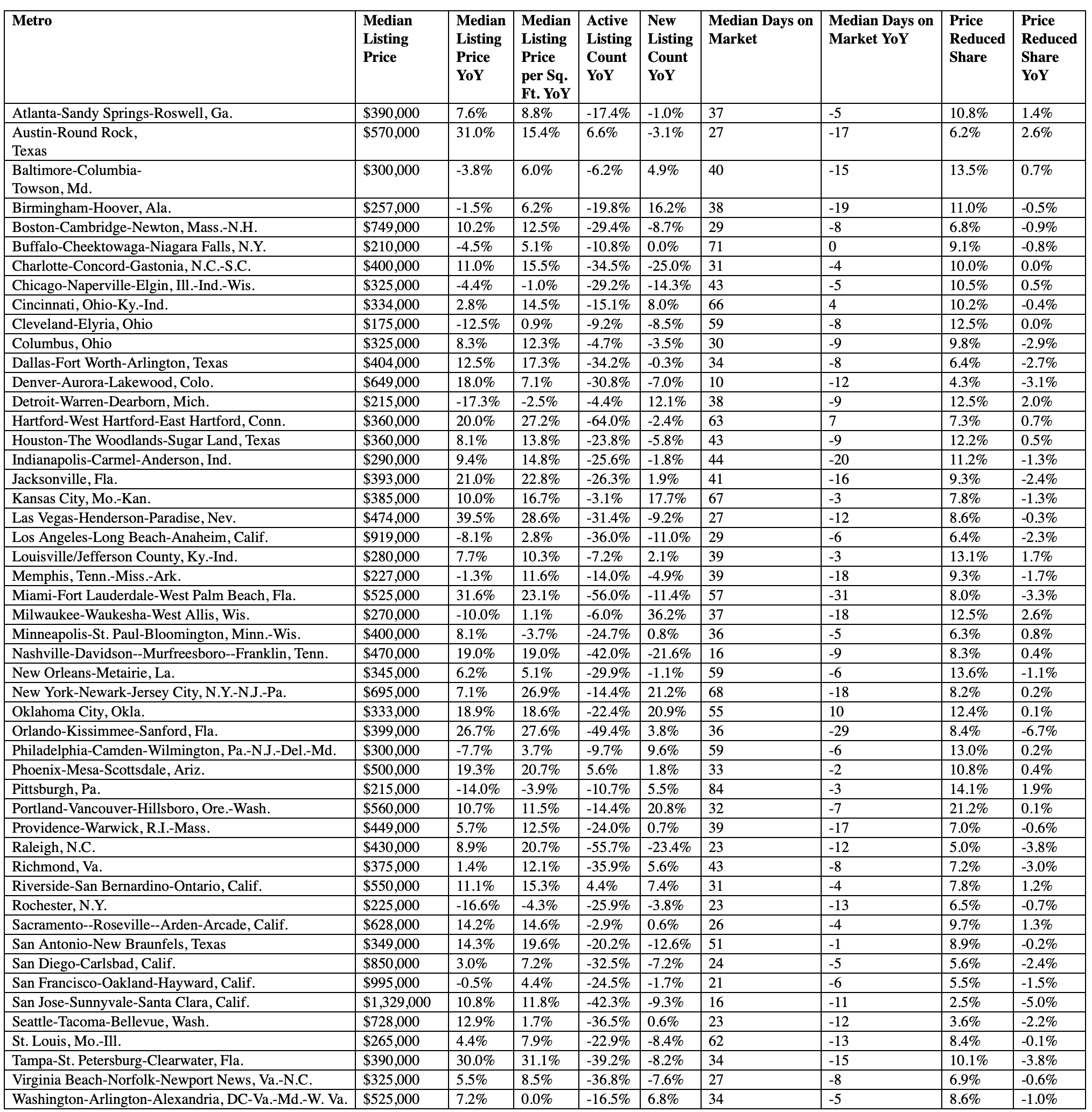
Home prices and sales have continued to climb despite a small cooling in the winter. But the housing market is running up against a new dilemma—the supply of existing homes for sale has hit a historical low nationwide, which fuels price competition even more.
Total housing inventory fell to a record low of 910,100 units in December, down 18% from the prior month and 14.2% from a year ago, according to the National Association of Realtors (NAR). It was the lowest amount in more than 20 years since the data had been collected.
“We saw inventory numbers hit an all-time low in December,” said NAR’s Chief Economist Lawrence Yun, in the data release. “Homebuilders have already made strides in 2022 to increase supply, but reversing gaps like the ones we’ve seen recently will take years to correct.”
The tight housing supply also means homebuyers are competing for fewer houses on the market. Because of this, most housing experts say prices will likely continue to climb.
“The market is still extremely competitive and will remain so over the next couple of years,” says Christian Wallace, head of real estate services at Better.com.
Wallace noted that applications to buy a home through Better.com are up by 28% in the first 27 days of 2022, even as mortgage rates jumped to their highest level in almost two years.
Home prices soared 19% annually in November, according to the latest S&P CoreLogic Case-Shiller U.S. National Home Price NSA Index. In December, existing home sales fell by 4.6% from the previous month, according to NAR. But that one-month decline paled in comparison to the 8.5% increase in sales for the 2021 year, the highest annual level in 16 years.
Most real estate experts say that homebuyers who want to buy a house in today’s market will probably end up paying top-dollar or over the appraised value.
“We have some clients who’ve been shopping for three to five months, and if they’re not willing to overpay, their offers are consistently beaten by higher bidders,” says Tabitha Mazzara, director of operations at MBANC (Mortgage Bank of California). “It’s a true sellers’ market right now, with more adherence to sellers’ demands than normal.”
All-cash Buyers, Investors Are Overtaking Housing Market
Not only are buyers facing higher home prices, but mortgage rates have spiked more than 50 basis points since late December to 3.55%, which means the cost of a mortgage has gone up already this year.
For many homebuyers, higher mortgage rates play an important role in how much house they can afford. If they don’t have large cash savings to lower the cost of the mortgage or compete with all-cash buyers, they end up squeezed out of the market.
“Buyers are still operating on FOMO [fear-of-missing-out] mode. But as rates go up, that will likely change, and they will get more conservative,” says Melissa Cohn, regional vice president and executive mortgage banker at William Raveis Mortgage.
Although first-time homebuyers still make up a strong portion of the market—at 30% of sales in December—it was down by 1% from a year ago, according to NAR. All-cash buyers (including investors), however, increased to 23% of the sale’s market, up from 19% the previous year.
Investor appetite is being driven, in part, by an equally hot rental market where the median rent price jumped 17.8% last year, far surpassing the annual 2.3% growth on average in the past few years before Covid-19 hit. And investors immediately caught on, buying up single-family homes to rent out.
“The rise of the single-family rental sector, which has grown immensely with no signs of slowing down, has already impacted the competitive nature of buying dynamics in certain markets as a greater number of investors seek inventory,” says Patrick Burns, CEO, and co-founder at Spruce, an online platform for real estate transactions.
Tips for Buyers In the Hot Housing Market
Real estate experts agree that unless you have an unlimited budget, be prepared for a lot of dedication and even some disappointment. There are cases where buyers have been looking for homes for more than a year, so this isn’t a market for the faint of heart.
In fact, a recent HomeAdvisor survey reported that 86% of homebuyers who bought during the Covid-19 pandemic said buying their home was a stressful experience. And 79% said they lost a bid on at least one property, more than double the 31% who said they lost a bid when purchasing a home prior to the pandemic.
Here are some tips to help you navigate this fierce market.
- Look for houses priced below your budget. Bidding wars are common in today’s housing market and, chances are, more than a few people will put in offers on the same home you do. Targeting homes under your budget gives you room to bid up, if needed. This is financially smarter than pushing your budget to the max or buying something you really can’t afford.
- Work to lower your interest rate. If you can’t lower the cost of the house, you can try to lower the interest rate on the mortgage you prequalify for by working with the lender. This might mean improving your credit score; buying what’s called “points” to lower the rate; or reducing your debt-to-income (DTI) ratio. A good lender will walk you through how to get the best rate.
- Find a highly experienced real estate agent. A great real estate agent can mean the difference between winning a house in today’s highly competitive housing market, or not. Seek referrals from friends and family. And make sure that the agent knows the market you’re interested in, and keep your needs as their priorities, including steering you away from a potentially bad deal.
Be Careful About Waiving Contingencies
As the housing market was heating up last year, more homebuyers were waiving contingencies, namely the home inspection and appraisal, that are often required in a home sales contract in order to protect the buyer.
Some buyers were doing it in order to win the bid. But that also means they are likely responsible for any repairs, which is a huge risk down the road.
However, housing experts and recent reports have indicated that this trend could be slowing. For one, the appraisal process has gotten more efficient since the pandemic, making it easier for borrowers to get an appraisal, says Gay Cororaton, senior economist at NAR. She also says that big price tags mean buyers are probably more likely to tread carefully before committing to such a substantial investment.
“I think realtors worked with buyers to make them realize that it’s not good to waive these contract contingencies,” Cororaton says. “After all, buyers are paying for homes that are at historic high levels.”

